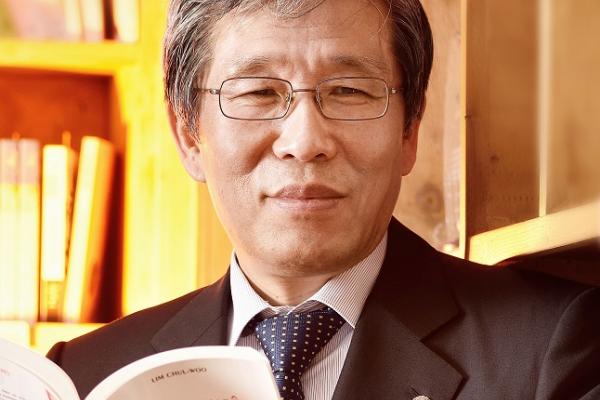
The Institute for Korean Studies presents:
Seong-kon Kim
Professor Emeritus
Seoul National University
"Korean Literature and Culture: 'Glittering' across Boundaries"
Flyer:
Abstract: Korea has been traditionally called 'The Hermit Kingdom' or 'The Land of the Morning Calm.' But that is no longer true. Today South Korea is a vibrant, dynamic country that has emerged into the spotlight of international recognition and admiration for its economic success, the cutting-edge technology of companies like Samsung, LG and Hyundai, and the widespread Korean cultural phenomena called hallyu, or the Korean Wave.
Recently, Korean literature, too, is “glittering” overseas and “seems to be enjoying its place in the sun”, as Toby Richtig writes in the Times Literary Supplement. For example, Han Kang’s “The Vegetarian” won the prestigious Man-Booker International Prize. A host of other prominent Korean writers and their works have recently contributed to the glittering of Korean literature overseas such as Shin Kyung-sook’s Please Look after Mom (Knopf), Hwang Sun-mi’s The Hen Who Dreamed She Could Fly (Penguin), Kim Young Ha’s Your Republic Is Calling You (Houghton Mifflin), Bae Suah’s Nowhere to be Fond (Amazon Crossing) and Jeong Yu-jeong’s The Origin of Species (Penguin).
In this lecture, we will explore how Korean literature and culture have been spotlighted recently, enjoying both critical-acclaim and commercial success.
Bio: Seong-Kon Kim is a professor emeritus and former Dean at Seoul National University. Presently, he is Dean’s Distinguished Global Scholar in the Humanities and Visiting Professor at George Washington University. Kim is a prize-wining literary critic, film critic, translator, editor, columnist, publisher, educator, academic and administrator.
Kim received his Ph.D. in English from SUNY/Buffalo under Professor Leslie A. Fiedler and studied comparative literature at Columbia University under Professor Edward W. Said. Previously, Kim taught at Penn State, UC Berkeley and Brigham Young University and conducted research at Harvard and Oxford.
Kim was Founding President of the Korean Association of Literature and Film and President of the American Studies Association of Korea, the International Association of Comparative Korean Studies, and the Association of Modern Fiction in English.
Kim has received the SUNY/Buffalo International Distinguished Alumni Award, the CU Distinguished Alumnus Award, and the Fulbright Distinguished Alumnus Award. In 2013, Kim received a medal from the Czech Republic and in 2018, an Order of Cultural Merits from the Spanish Government.
In May 2017, the State University of New York conferred on Kim an honorary doctorate in recognition of the profound impact Kim has had “as a cultural and literary bridge between Korea and the United States.”
Free and open to the public
This event is sponsored in part by a U.S. Department of Education Title VI grant to The Ohio State University East Asian Studies Center.
